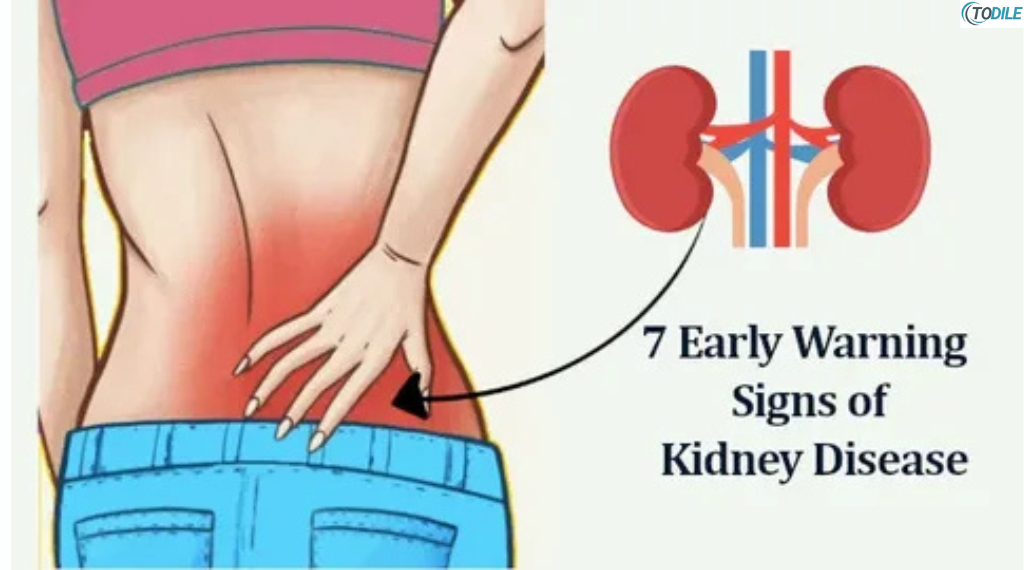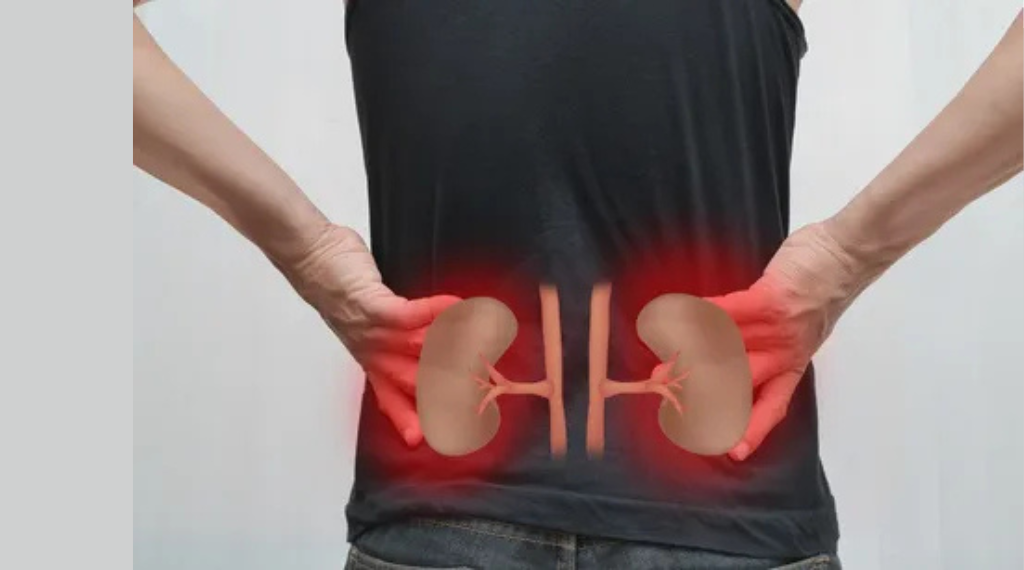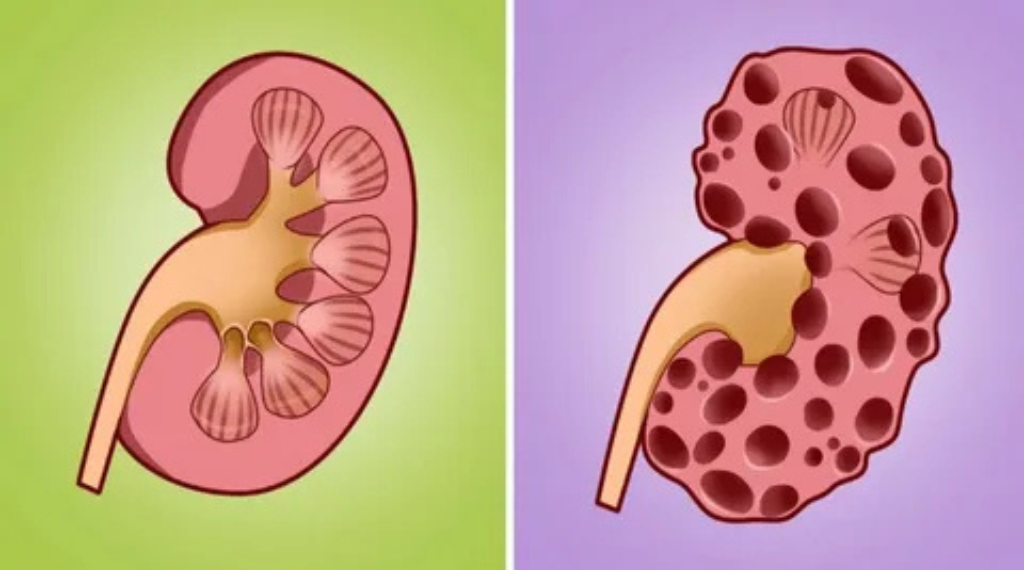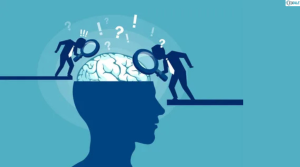Kidney damage can develop gradually and often goes unnoticed until it reaches an advanced stage. Recognizing the warning signs early can help prevent further harm and ensure timely medical intervention. Here are eight symptoms that may indicate kidney damage:

- Fatigue and Weakness
When kidneys fail to filter waste effectively, toxins build up in the blood, causing fatigue, weakness, and a general lack of energy. - Changes in Urination Patterns
Frequent urination, especially at night, reduced urine output, foamy urine, or blood in the urine can be indicators of kidney issues. - Swelling in Legs, Ankles, and Feet
Damaged kidneys struggle to remove excess fluid from the body, leading to swelling (edema) in the extremities. - Persistent Back Pain
Pain in the lower back, particularly on one side, could be associated with kidney infections, stones, or damage. - Nausea and Vomiting
The accumulation of toxins and waste products in the bloodstream can cause digestive discomfort, leading to nausea and vomiting. - Metallic Taste in the Mouth and Bad Breath
Uremia, a condition caused by high levels of urea in the blood, can lead to a metallic taste or ammonia-like odor in the breath. - High Blood Pressure
The kidneys play a vital role in regulating blood pressure. Damage to them can cause hypertension, which further worsens kidney health. - Difficulty Concentrating or Confusion
Reduced kidney function can result in decreased oxygen delivery to the brain, leading to cognitive issues such as memory problems or confusion.

When to See a Doctor
If you notice any of these symptoms, consult a healthcare provider promptly. Early diagnosis and treatment are essential to managing kidney health and preventing further complications. Regular health check-ups and a healthy lifestyle can also reduce the risk of kidney damage.




